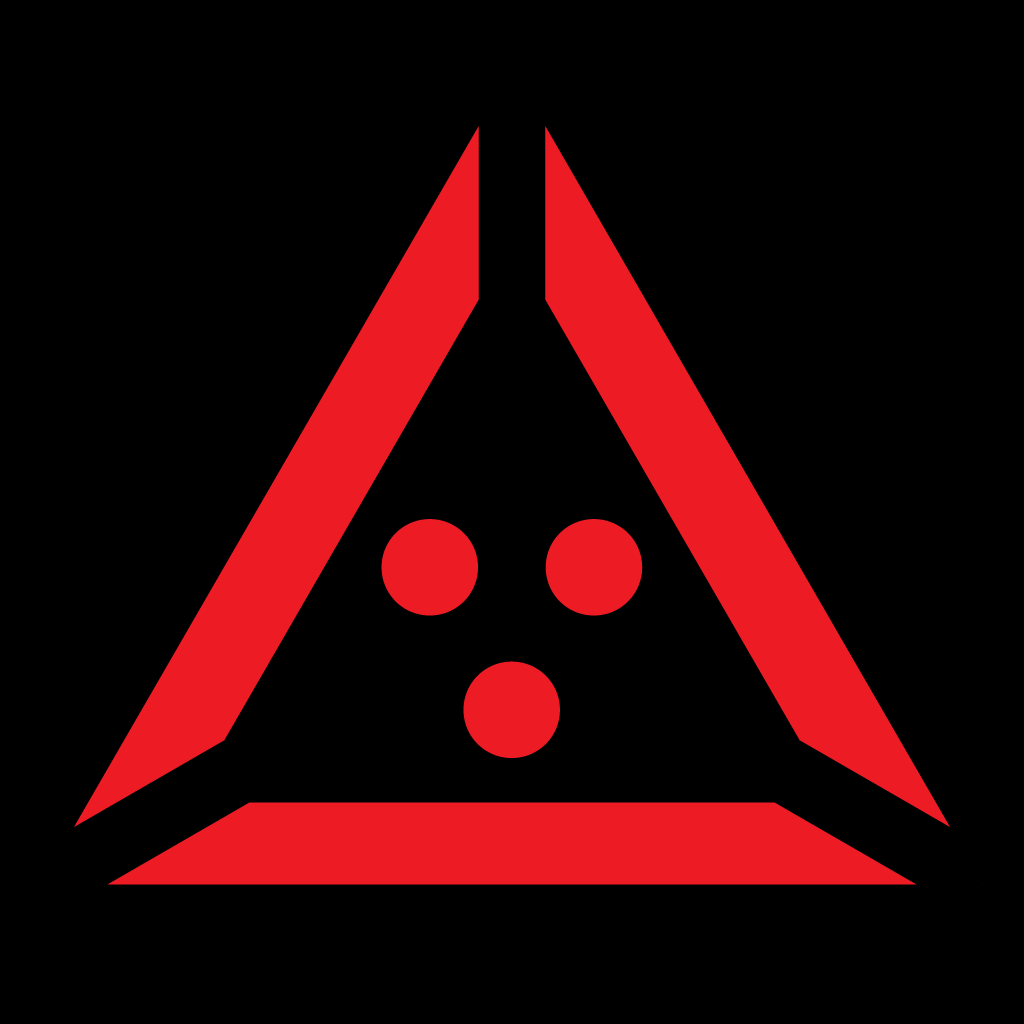Half a year ago I stumbled upon two notetaking tools of which one improved my life’s quality, so I thought I share my experience with the community. I’m not sponsored by either of these projects.
Both of these tools are powerful extendable markdown editors with a daily journal, calender function, TODO list and a knowledge base similar to a Wiki. Every page or block can be crosslinked, referenced or embedded. That way, I can keep an overview over my daily tasks with all necessary information directly accessible.
The one tool I use daily now, is Logseq. I synchronize my notes among all my devices via git. Works great under Linux, but I needed to install termux on Android. They are working on a sync service for logseq, which should make it more interesting for most users. There is one caveat though: It’s not on Google’s PlayStore, nor on f-droid.
The other similar tool, which I can recommend because it is more easily available, is Obsidian. The company also offers a sync service for premium users. I found one missing feature which is more a niche, but still a bummer: Code blocks cannot be indented.
What do you think? Do you use similar - maybe even better - note taking tools?
I wish I could stick with something like this. I used to get in trouble as a kid for not keeping track of stuff better. What good is a notebook when you forget to check it, or even write down stuff in the first place?
I most recently installed Joplin and thought it would be life changing. I gave up pretty quick because I suck.
Did I write this? Hello me.
Hello me! How are the toenails doing?
This one is less featured by Workflowy is where I’ve been keeping notes for about five years.
It’s basically just a huge infinitely nested bullet list. They’re adding more features now but I don’t use them.
It’s good for:
- Making a plan to reach an objective. Each node can have an infinite tree of subnodes, so tasks you’re unsure how to complete can be broken down again and again until it’s all five-minute chunks.
- recording knowledge. For me at least the tree structure works well for writing down details, then caveats and exceptions on the details, etc.
- interlinking the knowledge. You can type (( then it opens up search for any node text with autocomplete. Once you pick the other node, that node is hyperlinked to your current spot and the whole subtree exists there. One thing that’s useful for is if I have a list like “my tasks today” and then each item is a task that exists as a sub task of a sub task somewhere else.
- retrieving information. The search is fast. I’m good at standardizing my own language so I often know what exact wording I would use. So if I have a product idea I can search “product idea: waffles made of …” and it will find that exact idea from the last time I had that idea and forgot
The fact that you used a bulleted list to describe what you like about Workflowy basically tells the whole story
Logseq isn’t on f-droid’s repo, but it is available on the izzyondroid repo which you can add to the f-droid app (or whatever app you use to manage stuff from f-droid).
Just started using Obsidian after years of Google Keep and OneNote.
What are some of the key differences between Obsidian and OneNote? Been using OneNote for some time now academically.
i never did note interlinking in onenote, so idk if that’s there, but on obsidian is part of the core, and interlinking notes is essential for the zettelkasten/evergreen-notes note-taking process.
i never used markdown on onenote either, dunno if that’s a thing, i see there’s a plugin, wonder how good it is
obsidian’s best quality for me is self ownership, compared to onenote, where things are trapped there and i can download them maybe but it’s not something i truly own, i feel, while with obsidian, everything in there is just your files in your filesystem and you can just remove the ethernet cable and use it on an offline computer and just move it from computer to computer or upload individual files or whatever
markdown is also plain text so it’s very lightweight to use, i’ve used obsidian in the shittiest smallest most garbage laptops out there with puppy linux and it runs beautifully and laglessly. it also has a cool mobile app.
most cons have been removed little by little with progressive updtes. i don’t even know any cons right now.
Nice, there’s no markdown in oN but it does standard text formatting as expected. I use oN for Mac which is particularly limited in its featureset, but it’s what I’ve got.
I’m going to check out the note-taking systems you’ve mentioned and Obsidian; I appreciate it!
667, one number too far from 666 😭
By design: Neighbor of the Beast
hahaha
Oh shit. Well I always try to get phone numbers that start with 666. And I go by Beast (in another language) on a few social networks. 🤔🤔
Dunno if you checked out Obsidian yet, but outside of the features already mentioned, I really like the UI and plugins. You can open multiple notes at once in the same window and organize them how you need which makes referencing multiple notes/topics really easy.
Obsidian is a much better tool for connecting ideas and organizing thoughts, imo. I feel OneNote is a bit easier for anyone familiar with Microsoft products and looking for more of a bulletin board (which Obsidian can do with plugins). But even daily notes and idea dumps feel more productive with Obsidian since it’s so much easier to organize everything.
Just my opinions. Hope that helps!
It so happens that I’m now elbows deep in Obsidian and Zettelkasten. I’ve long mulled setting up a personal wiki site so I can take my notes, but didn’t like how accessible to the world they would be. I had no idea a markdown editor like Obsidian existed.
The big hurdle I’m personally facing is the mental shift of going from linear notes (Cornell NTS in OneNote) to Zettels.
I’m so acquainted to having my notes lay before me on a single page that I’m not quite sure yet how to use the Zettelkasten for my academic studies. I’m test driving it right now with a couple of books I’m reading.
Definitely in love with wiki-style linking and tags. So much easier to find info I’ve designated as related.
I just found out about obsidian while I was looking into Lemmy stuff. Do you have any resources that give a crash course on obsidian?
Hi! First Lemmy comment, please forgive any formatting issues. I’ve gone head-first into Obsidian over the past 6 months, here are some of my favorite resources:
- Nicole van der Hoeven has LOTS of great videos on YouTube.
- The “Obsidian for Beginners” playlist from Linking Your Thinking.
- Vicky Zhao has a video that’s of reasonable length and heavily example-driven, which helped me.
Now, most Obsidian users and content creators have very opinionated ways of structuring what Obsidian refers to as “Vaults” (think of a Vault as a root folder). Some people follow the Zettelkasten method, others follow the ideas set-forth by Linking Your Thinking, some go with the GTD methods…I have some advice here. Try not to get tripped up on structuring things and doing everything “perfectly.”
My autism + ADHD absolutely love to sidetrack me and get me bogged down in trying to follow a method or structure perfectly. Try not to let perfect be the enemy of good enough. By writing things down and reminding yourself to consult what you’ve written, you’re already making huge accomplishments.
Best of luck!! 😁
Much appreciated! Looking forward to dive I to all of this! I appreciate the reminder at the end because I inevitably do that as well haha.
Hey welcome to Lemmy, second comment here :)
Wanted to say that I relate to the “productive procrastination” that PKM stuff like Obsidian can cause. I’m coming back to it again after Notion didn’t work for me.
If I were to give one piece of advice to new users it would be to start small! Figure out exactly what you want to achieve with the software and then try to meet those needs with as little complication as possible. There are thousands of incredible community plugins out there but don’t feel like you need to master even one to be successful.
Above all I agree with being proud of yourself for just writing things down, and accepting that your setup doesn’t have to be perfect.
Thanks again for the comment!
Please search obsidian guides on youtube, there are many, and they are fucking awesome tbh. I’m serious, the amount of available information in Obsidian is staggeringly enormous. You couldn’t read it all if you tried, or watch it all if you tried.
My favorite video makers on Obsidian from 2 years ago when I was learning the software: Nicole van der Hoeven and some other guy i can’t find :(
edit: pick a recent video with a lot of views, obsidian has changed a little bit, not too much, but i bet most of the guides out there are great to get you started
more reading material for when you’re feeling like procrastinating or something:
Awesome! Thank you very much!
Second guy I think is called Bryan Jenkins. Almost sure. I’m going to sleep rn tho. That guy’s guides were my background noise for a while. He’s deals with ADHD so I valued his perspective.
I started off using Obsidian and really enjoyed it for a long time, but I eventually realized that I disliked needing to constantly move my hand between my mouse and keyboard to interact with the application. I still think it’s a strong application that I would recommend for others with the patience to create their own workspace. Currently, I use Emacs Org Mode and Org Roam as my personal knowledge and task management software at home (I use Logseq at work because Emacs runs horribly on Windows). It doesn’t have as much visual customization options as Logseq or Obsidian, but I see that as a positive since that forces any customization I want to make to be more focused on improving my productivity rather than making the interface look nicer. It also doesn’t have many good mobile options, so I’ve been thinking about learning mobile development to try and give a crack at changing that.
deleted by creator
Logseq can also handle org-mode, and I’ve seen some guides to use logseq and org-mode on the same set of files (syncing with git, I believe), so you might be abke to use logseq as the mobile interface.
Sounds similar to Notion.so, which a few of my friends use and recommend. Trying to get to grips with it is a little hard due to the overwhelming options/lack of guidance, but the templates seem to be a good place to start.
Hey if you haven’t yet I highly suggest you check out Red Gregory’s videos if you’d like to go in-depth with Notion. Great place to start out with especially since she’s a community ambassador.
If you ever feel brave enough later down the line I’d also suggest installing notion-enhancer which brings in additional features and workflow improvements (once it gets a fix)
Obsidian is really nice. Being able to keep all kinds of disparate notes together in one place is so useful. For local syncing between devices, I’ve just got my obsidian vault on a samba share running on a RPi 3 I’ve got sitting on my network.
I just use Syncthing between my devices.









